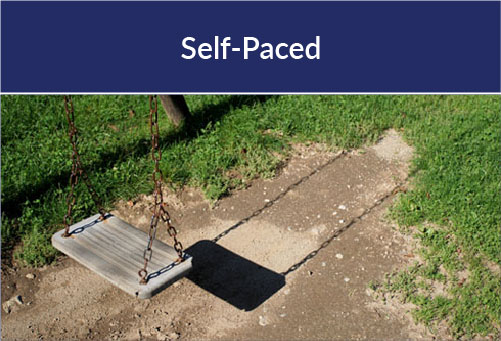


Discuss an overview of the Overdose Detection Mapping Application Program (ODMAP). Review the benefits of being able to track and access real-time suspected overdose data to support public safety and public health efforts to help mobilize immediate responses to sudden increases or spikes in overdose events. Identify the initial steps needed to set up ODMAP implementation for your community. Explore two successful tribal models of ODMAP implementation, coordinated responses to overdoses, and related alcohol and substance misuse programs and services. The two tribal models that will be highlighted include The Tulalip Tribes and Eastern Band of Cherokee Indians.

Explore the intersection of sexually transmitted infections (STIs) and child sexual abuse investigations. Successful collaboration with multidisciplinary team (MDT) members hinges upon a shared understanding of common STIs, appropriate timing and methods for medical evaluation, and the forensic interpretation of STI diagnoses.

The role of practitioners in the criminal justice system is rapidly changing from enforcer or resource broker to facilitator of behavior change. Cognitive behavioral skill building is an evidence-based practice for changing difficult and entrenched behaviors including antisocial thinking, addiction, and impulsivity. The partnership between treatment providers and criminal justice professionals requires that all professionals understand cognitive behavioral therapy and skill development. During the webinar, you will walk through the steps to develop cognitive behavioral skills in regular and on-going conversations with clients. Additionally, you will learn about the elements of good, evidence-based cognitive behavioral services.

In the modern cyber-world, almost all criminal investigations have an online aspect that can be used to further investigations and more quickly solve otherwise difficult cases. Join us to examine open source online intelligence/information and learn how to leverage free platforms, databases, and web applications to strengthen criminal cases. Uncover little known facts and techniques to optimize results using online search engines and online internet resources, which will support your investigations and prosecutions. Learn how to complete and serve search warrants for a variety of electronic information and databases to further all types of investigations. Develop new skill sets to establish contacts and open-source intelligence networks to provide ongoing criminal and threat intelligence in your jurisdiction.

Cognitive behavioral skill building is an evidence-based practice for changing difficult and entrenched behaviors including antisocial thinking, addiction, and impulsivity. Participants will walk through steps to developing cognitive behavioral skills in regular and ongoing conversations with clients.

During these difficult times of social distancing and self-quarantine, there has been a dramatic increase in online activities by children, and a heightened concern for their safety by parents/guardians, educators, and child protection professionals. Kids and teens are unable to go to school, participate in sports or other activities, or hang out with their friends, and instead spend many hours in the online world. This webinar provides ICAC members and other child protection professionals with tools and resources to help parents/guardians and others create a safer environment for all children.

Learn about the Tribal Justice System Planning Process (TJSPP) principles and how a comprehensive tribal justice system strategic plan can improve public safety and the quality of life in your community. This online training course is designed for grantees who have not participated in the onsite TJSPP course, as well as non-grantee tribes.

Recording from August 26, 2024 Live Ask the Expert Webinar: Ask the Expert: Overcoming Stigma In Reentry And Mental Health Disorders Previous webinars have discussed racial biases and the stigma related to substance use and mental health disorders, potential solutions to advocate for reform to address systemic biases in the criminal justice system, and the link between historical trauma and substance use and mental health disorders. Join this Ask the Expert Session for a facilitated discussion and open forum with subject matter experts who will answer your practical questions on these topics.

Are you feeling exhausted and burned out? Do you want your energy and passion back? Mark Yarbrough shares three things to consider when trying to avoid and/or overcome burnout.

Gather information on the structure and interdependent functions/roles of a CART program. Learn about protocol development and management, development and use of Memoranda of Understanding, CART composition, training including tabletop exercises and field scenarios, and CART certification standards. Examine a case study which integrates all topics covered for effective CART leadership.
